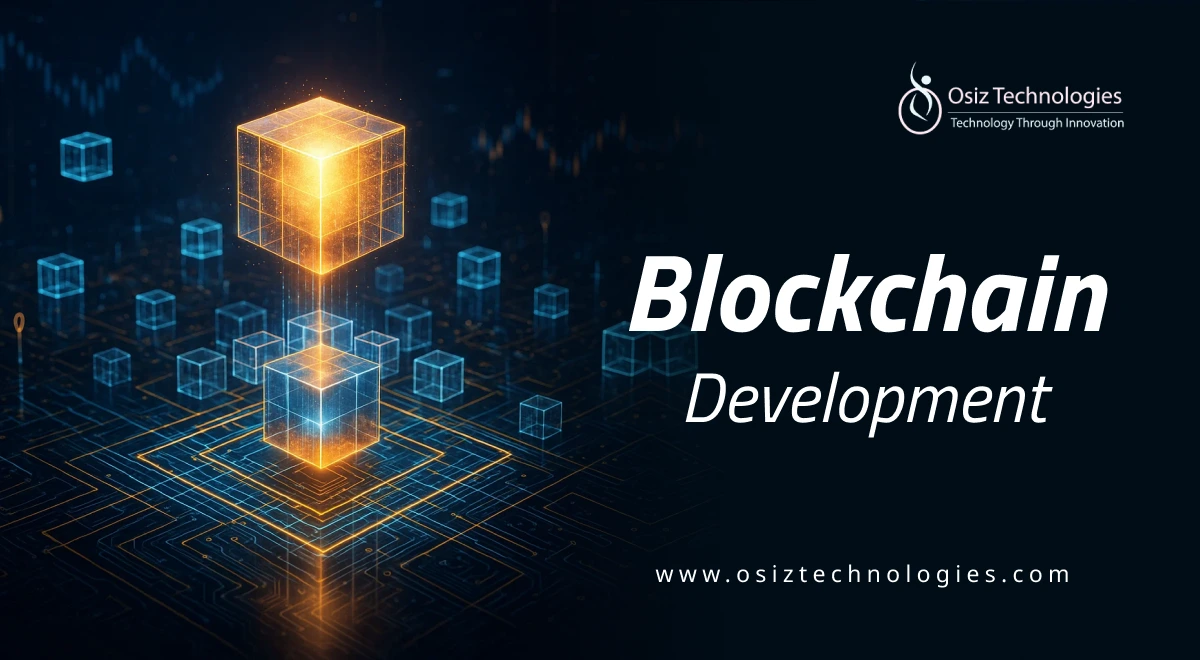As organizations increasingly recognize the transformative potential of blockchain technology, many are still grappling with various challenges that hinder its widespread adoption. While blockchain promises enhanced security, transparency, and efficiency, enterprises face significant obstacles that can complicate the integration process. In this article, we will explore the major hurdles enterprises encounter when adopting blockchain, from integration with legacy systems to regulatory compliance and beyond.
Understanding the Landscape of Blockchain Adoption
Blockchain technology, initially popularized by cryptocurrencies, has found its way into various sectors, including finance, supply chain, and healthcare. However, the transition from traditional systems to blockchain is fraught with challenges. According to a report titled Breaking the Chain: Enterprise Blockchain Adoption and What's Next, over 60% of organizations cite a shortage of talent and understanding of blockchain as a significant hurdle. This highlights the need for a comprehensive understanding of the landscape before embarking on a blockchain journey.
Integration with Legacy Systems
One of the most pressing challenges for enterprises is integrating blockchain with existing legacy systems. Many organizations have invested heavily in their current infrastructures, making it difficult to transition to a new technology without disrupting operations. The complexity of this integration can lead to increased costs and extended timelines. For instance, a logistics company may find it challenging to incorporate blockchain into its existing supply chain management system, leading to delays in implementation.
Scalability Issues
Scalability remains a significant concern for enterprises looking to adopt blockchain. As user demand increases, the ability of blockchain networks to handle large volumes of transactions can be tested. According to The State of Blockchain Adoption in the Enterprise (2025), scalability and transaction latency are persistent roadblocks. Enterprises must consider whether their chosen blockchain solution can scale effectively without compromising performance.
Regulatory Compliance Challenges
Navigating the regulatory landscape is another major obstacle for blockchain adoption. Many enterprises are uncertain about the legal implications of using blockchain technology, particularly in sectors like finance and healthcare. The lack of clear regulatory frameworks can deter organizations from fully committing to blockchain initiatives. As regulations continue to evolve, enterprises must stay informed and adapt their strategies accordingly.
Security Concerns
While blockchain is often touted for its security features, it is not immune to vulnerabilities. Enterprises must address potential security risks associated with blockchain implementation. For instance, smart contracts, which automate processes on the blockchain, can be susceptible to coding errors or exploits. Ensuring robust security measures are in place is essential for gaining stakeholder trust.
The Skills Gap in Blockchain
The talent shortage in the blockchain space is a significant barrier to adoption. Many organizations struggle to find skilled professionals who understand blockchain technology and its implications. This skills gap can lead to project delays and increased costs. Companies may need to invest in training programs or partner with educational institutions to cultivate the necessary talent.
Cost of Adoption
The financial implications of adopting blockchain can be daunting for many enterprises. Initial investment costs, including technology infrastructure and training, can be substantial. As highlighted in the report Barriers to Blockchain Technology Implementation in Small and Medium Logistics Enterprises, financial constraints are especially pronounced for small and medium enterprises (SMEs). Organizations must conduct thorough cost-benefit analyses to determine the ROI of blockchain adoption.
Complexity of Implementation
Implementing blockchain technology is not a straightforward process. The complexity of deployment can vary significantly based on the specific use case and organizational requirements. Enterprises must navigate various technical and operational challenges, including stakeholder alignment and change management. A well-defined implementation strategy is crucial to mitigate these complexities.
Interoperability Issues
Interoperability between different blockchain networks is another challenge that enterprises must address. Many organizations may use multiple blockchain solutions, leading to fragmentation and inefficiencies. Ensuring seamless communication between different blockchain systems is essential for maximizing the technology's potential. Developing industry standards can help facilitate interoperability.
Change Management and Organizational Culture
Adopting blockchain technology often requires a cultural shift within organizations. Employees may resist changes to established processes, making change management a critical component of successful blockchain adoption. Organizations must foster a culture of innovation and adaptability to encourage acceptance of new technologies.
Conclusion: Moving Forward with Blockchain
Despite the challenges of adopting enterprise blockchain, the rewards are far too great to overlook. By tackling issues like legacy system integration, scalability limitations, and the shortage of skilled professionals, businesses can pave the way for long-term success in the blockchain era. As the technology evolves, staying informed and agile is crucial to navigating these complexities. Partnering with a trusted Blockchain Development Company can help enterprises streamline adoption, gain expert guidance, and unlock the full potential of blockchain innovation. Connect with us at osiztechnologies to explore how we can assist you in navigating the complexities of blockchain adoption.
Listen To The Article









